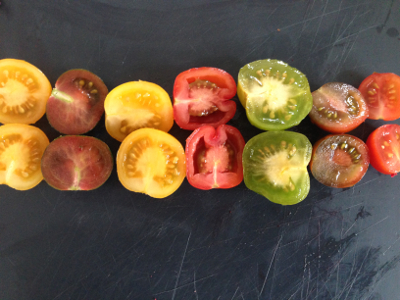
I’m a fan of raw food. It’s a big part of what we deliver at Crucial – raw food cleanses. We love them.
But how beneficial and sustainable is a raw food diet 24 hours a day 7 days a week?
Apart from the nutritional benefits, shouldn’t the psychological ones be considered too? I can’t imagine life without hot soup or Bonfire night without Lancashire hotpot. Comfort food is usually at the least, warm.
First of all let’s consider the argument for cooked food,
Research published in the British Journal of Nutrition and the Journal of Agriculture and Food Chemistry showed low levels of lycopene, carotenoids and ferulic acid – antioxidants to help fight cancer and heart disease – in the subjects of their studies who followed a raw food diet.
Their research also showed that when these foods were cooked, the bioavailablity of the nutrients actually increased.
Additionally, steaming broccoli increases the levels of glucosinalates – also anti cancer – compared to the levels in raw. Also cooking vegetables make them easier to digest for some, as the cooking breaks down the cell wall.
Aside from raw vegetables, animal products, which are commonly avoided in raw food diets, provide a greater level of vital nutrients such as iron and B12.
But a raw food diet also has its benefits.
It automatically reduces the amount of processed foods, increases the intake of naturally nutrient rich food and reduces dietary levels of sugar and salt. It also increases levels of omega 3 and 6, which can be damaged through heating and both soluble and insoluble fibre are more effective when eaten raw.
Vegetables and fruits in smoothies are also a great, easy way of getting nutrients into those who would otherwise give many of them a wide berth!
Raw foods should feature in a healthy diet – no doubt.
Cleanses and detoxes work – so use them for what they are. Have a break from whatever your poisons are – caffeine, sugar, alcohol – you’ll feel great for it.
But keep it real – keep it balanced.

